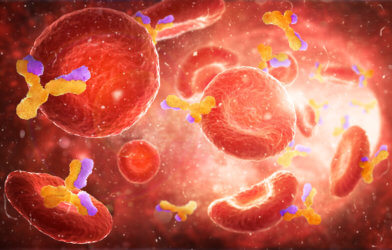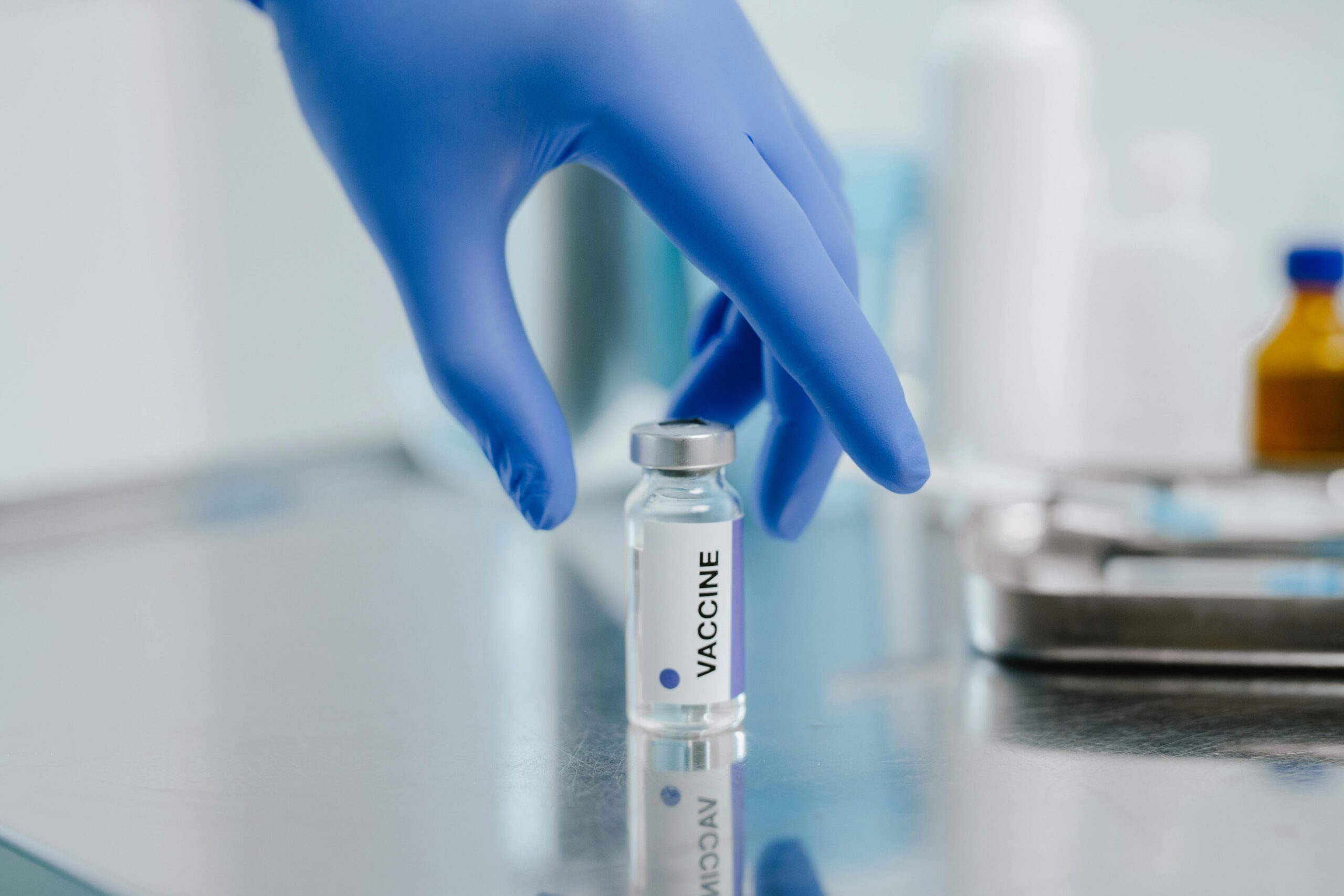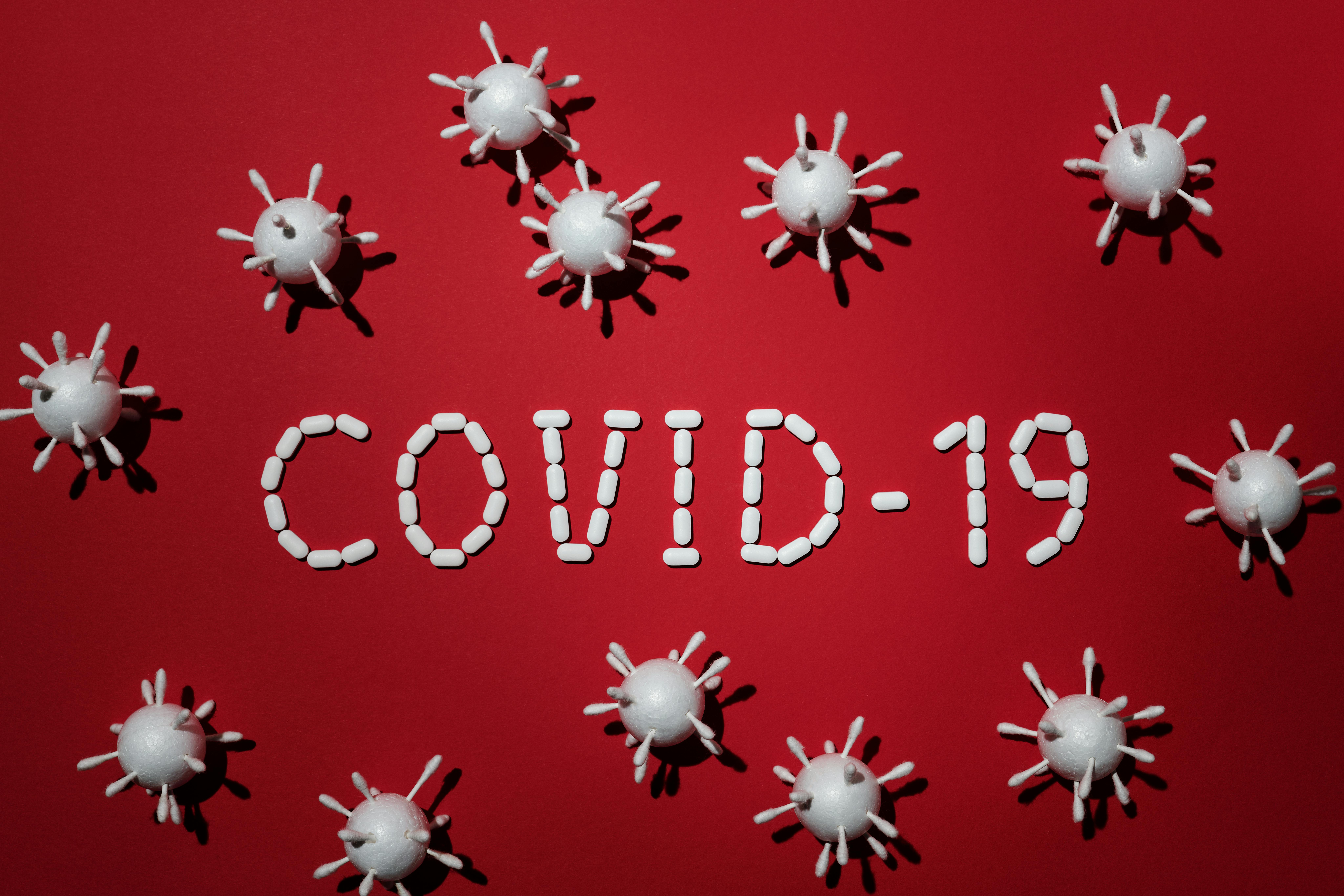
Latest News


Could Your Gut Be the Secret to a Pain-Free Back?August 4, 2025

A Bitter Pill to Swallow: Popular Sweetener Linked to Weaker ImmunotherapyAugust 3, 2025

What’s Really in Your Dinner? The Unseen Ecosystem That Connects Your Health to the EarthAugust 3, 2025

New Hope for Long COVID: How Your Gut Could Fuel Post-Infection FatigueAugust 2, 2025

Is Your New Home Making You Sick? The Surprising Link to Your GutAugust 2, 2025

Fighting Obesity: Is the Answer in Your Gut?July 31, 2025

Revolutionary Autism Research: How Imbalances in Your Gut Might Affect Your BrainJuly 31, 2025

Is Your Child’s Gut Too Slow? New Study Reveals Hidden Diabetes RiskJuly 30, 2025
